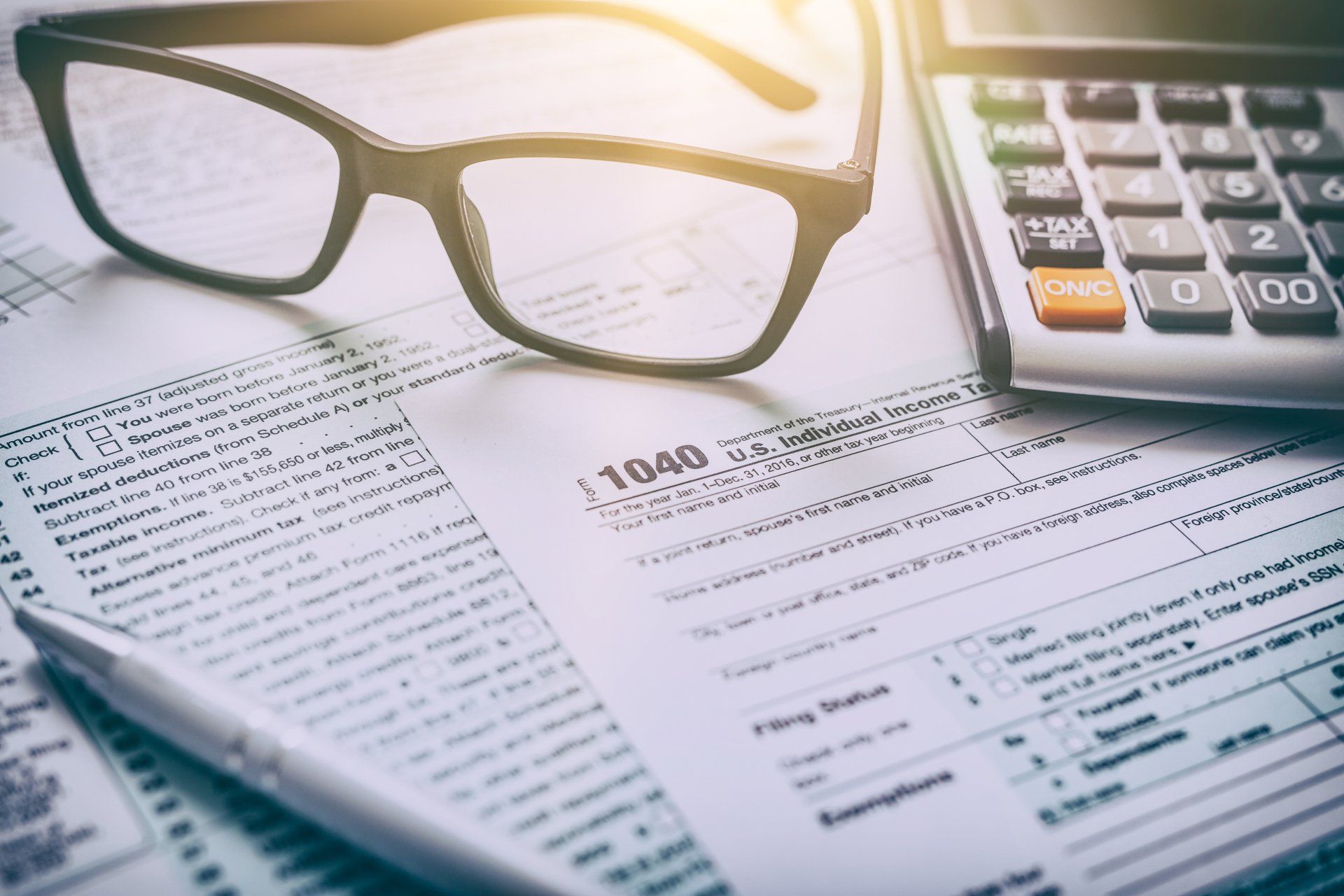Illinois Taxes Increase

by Alex Gershengorn
August 1, 2017
As a result of the passage of the Illinois budget, you may have heard that Illinois enacted S.B.9 (P.A. 100-0022) involving a $5 billion hike in income taxes. The major changes are summarized here for your convenience:
- Increased Income Tax Rate – The Illinois income tax for individuals, trusts, and estates is increasing from 3.75% to 4.95%. The Illinois corporate (excluding S Corporations) income tax is increasing from 5.25% to 7%. Both increases are effective on July 1, 2017. Please note that if you are paying quarterly estimated taxes for 2017 that were calculated at a “safe” level based on your final 2016 Illinois income tax liability, the increase in tax rates for 2017 will likely result in additional taxes when the final 2017 return is completed. While there may be a balance due for 2017, as long as the 2017 estimates were “safe”, you will not be penalized for underpaying the quarterly estimates if you pay the 3rd and 4th quarter installments in the same amounts as the 1st and 2nd
- Property tax deduction and standard exemption eliminated for high income individuals – The exemption and property tax credit are not available to taxpayers with adjusted gross income in excess of $500,000 (spouses filing joint return) or $250,000 (all other taxpayers) for taxable years beginning on or after January 1, 2017.
- IRC Section 199 addback – For taxable years ending on or after December 31, 2017, businesses will no longer be able to deduct domestic production activity that is allowed for Federal purposes under Internal Revenue Code section 199. This potentially applies to corporations, individuals, partnerships, trusts, and estates, if they incur domestic production activity or if they invest in a business that allocates a share of the activity to the investor.
- Research and development credit retroactively reinstated the R&D credit is retroactively reinstated through tax years ending prior to January 1, 2022. This reinstatement specifically includes the period from January 1, 2016 to July 6, 2017. An amended return should be considered for 2016 if a taxpayer experienced qualifying research and development expenditures.
While the above are some of the major changes that affect individuals, businesses, and fiduciaries, there are a number of other changes as well. If you are interested in how those changes may impact your 2017 income tax return or estimated tax payment, please do not hesitate to email your contact at our firm, or phone our office at 847-934-0300.










